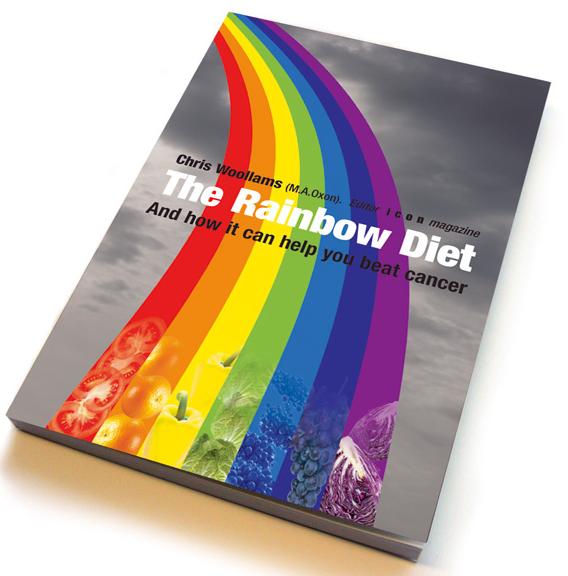A combination of red grape polyphenols at relatively low doses can be effective at preventing breast cancer from progressing to become an advanced disease, according to a study by S. F. Dharmawardhane of Universidad Central del Caribe School of Medicine in Bayamon, Puerto Rico (pub.Translational Oncology).
Researchers found a combination of grape polyphenols at 0.5, 5 or 25 mg/kg significantly reduced the growth of breast cancer xenografts in a mice, adding that grape polyphenols can prevent gynecological cancers like breast cancer as antioxidants, antiangiogenics, and selective oestrogen receptor modifiers. The polyphenols of red grapes studied included resveratrol, quercetin and catechin. Quercetin is also found in apples and catechin is found also in tea. These compounds each individually possess anti-cancer properties.

 At last - the definitive, research-based book on how to build a diet to help beat cancer. Click here to read about it.
At last - the definitive, research-based book on how to build a diet to help beat cancer. Click here to read about it.
The researchers concluded "These results indicate that grape polyphenols may inhibit breast cancer progression."
Another study looked at using such polyphenols in combination with breast cancer drug treatment: The red grape polyphenols were found to reduce the Akt activity, induce the activation of AMP kinase and inhibit mTOR signaling in the breast cancer cells with or without the presence of gefitinib although the combination of grape polyphenols and gefitinib was more effective than the individual treatments at inhibiting breast cancer growth and metastasis in the mice.
The researchers concluded, RQC (
resveratrol, quercetin and catechin) treatment inhibits breast cancer progression and may potentiate anti-EGFR therapy by inhibition of Akt/mTOR signaling. Red grape polyphenols are available as supplements.